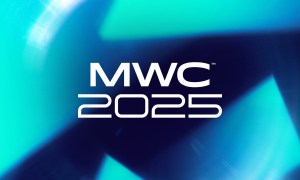


When you get down to the dirty details with Firefox OS, it certainly is very Android-esque with its Linux roots, but much more open than any other OS out there. Originally called Gecko, Firefox OS has been in development for more than two years now, and is looking primarily at the developer demographic; Firefox OS wants to give developers the easiest way possible to integrate their applications into the device. We won’t see Firefox OS beyond a developmental perspective until summer, but it looks to be focusing on a very strong app experience, letting the apps fill and evolve the OS, and give developers as much control over the user experience as possible. Mozilla also showcased the OS’s ability to smartly offer apps based on search queries and interests, rather than force users to do this searching (app search and discovery currently being something of a broken system in current popular mobile OSes).
Firefox OS will not be coming to the U.S. until sometime in 2014, but it will certainly be making quite an impact as more than half a dozen major wireless carriers get behind the new OS with Mozilla and ZTE leading the developmental charge. The preview so far at MWC was but a taste of what’s to come, and while Mozilla revealed a variety of small applications working, the company stands behind building a platform that developers can easily integrate into, rather than building an all-inclusive experience on its own. We’re excited to see what Firefox OS will show in the coming days of MWC, but even more excited to see what kind of reception it will have once it starts appearing on the shelves.